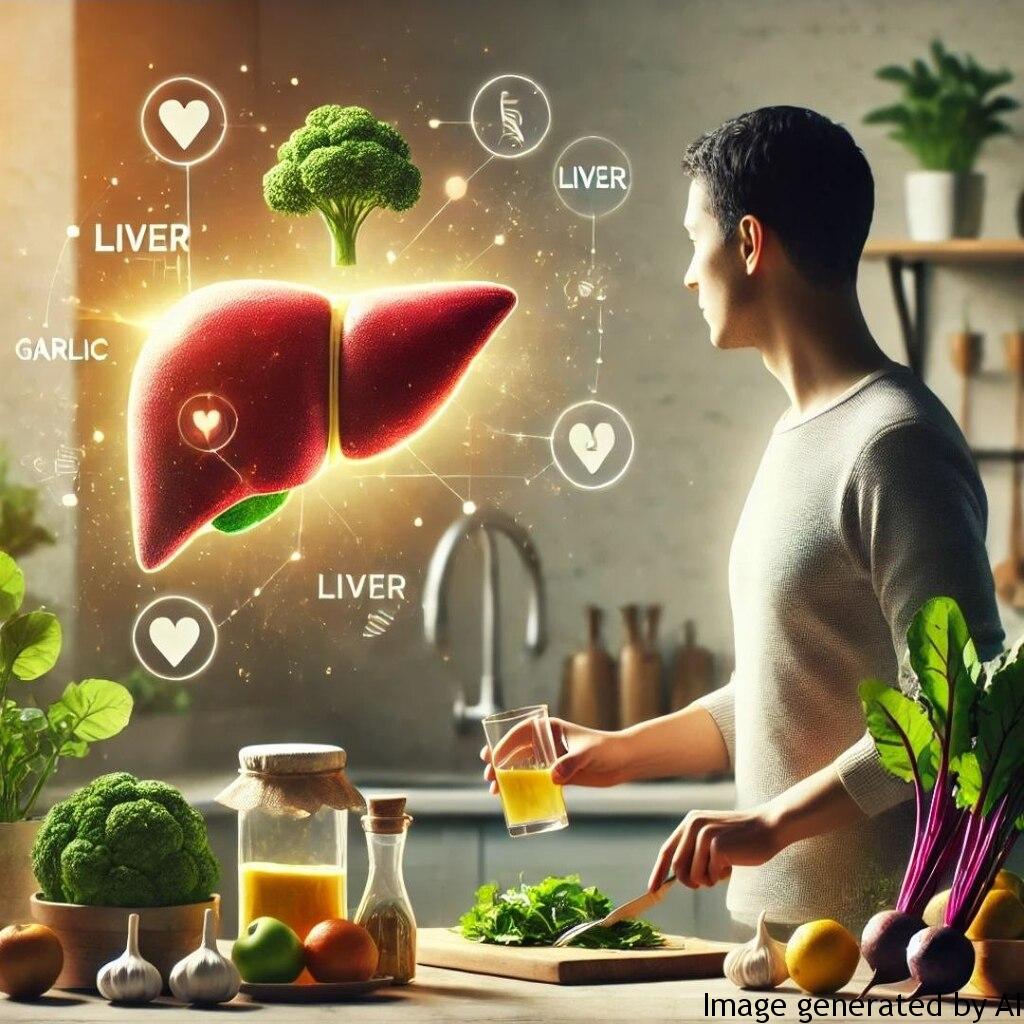Introduction
Good nutrition plays an inevitable role in overall health, and it is particularly indispensable for maintaining liver health. The liver is the largest internal organ of our body, performing hundreds of vital functions, including the metabolism of nutrients from food, detoxification of harmful substances, and production of necessary chemicals for body functioning. This article aims to highlight the importance and ways of nutrition for liver health.
Nutrition for Liver Health
The liver is an organ that possesses a remarkable ability to regenerate itself. However, prolonged exposure to harmful substances or poor nutrition can lead to liver disease including hepatitis, fatty liver disease and cirrhosis. Proper nutrition can help maintain the liver functioning optimally, prevent liver diseases and facilitate the healing process in case of liver damage.
Healthy Diet
Consuming a balanced and varied diet that includes plenty of fresh fruits, vegetables, whole grains and lean proteins is crucial for liver health. Avoiding foods that are high in unhealthy fats, salt, sugar and alcohol can also significantly contribute to keeping the liver healthy.
Hydration
Drinking a sufficient amount of water and staying hydrated aids the liver in flushing out toxins from the body.
Examples of Foods That Improve Liver Health
Some foods can especially contribute to liver health. For example, foods that are rich in antioxidants can help protect the liver from damage. These include berries, nuts, grapes, broccoli, and beetroot. Coffee, when consumed in moderation, is also associated with lower risks of liver disease due to its anti-inflammatory and antioxidant properties. Moreover, foods with good fats like avocados, fish, and olive oil can facilitate liver functioning.
Tips to Improve Liver Health Considering Nutritional Guidelines
Starting with being mindful of your alcohol consumption is a good first step for liver health as alcohol can cause damages to liver cells. Secondly, maintaining a healthy weight can prevent fatty liver disease. Regular exercise not only aids weight management but also improves liver function. Finally, it is prudent to avoid both raw and undercooked shellfish since they may contain harmful bacteria and viruses that can cause liver diseases. Moreover, implying routine health checks can help monitor liver health and detect any potential issues early.
Conclusion
Overall, making lifestyle modifications and adopting a healthy diet are the cornerstones to maintain and improve liver health. Consuming a variety of nutrient-rich foods, staying hydrated, limiting alcohol and shellfish consumption, and incorporating regular physical activity can significantly contribute to liver health. Remember, your liver works hard to keep your body healthy, it’s time for you to return the favour with good nutrition.

